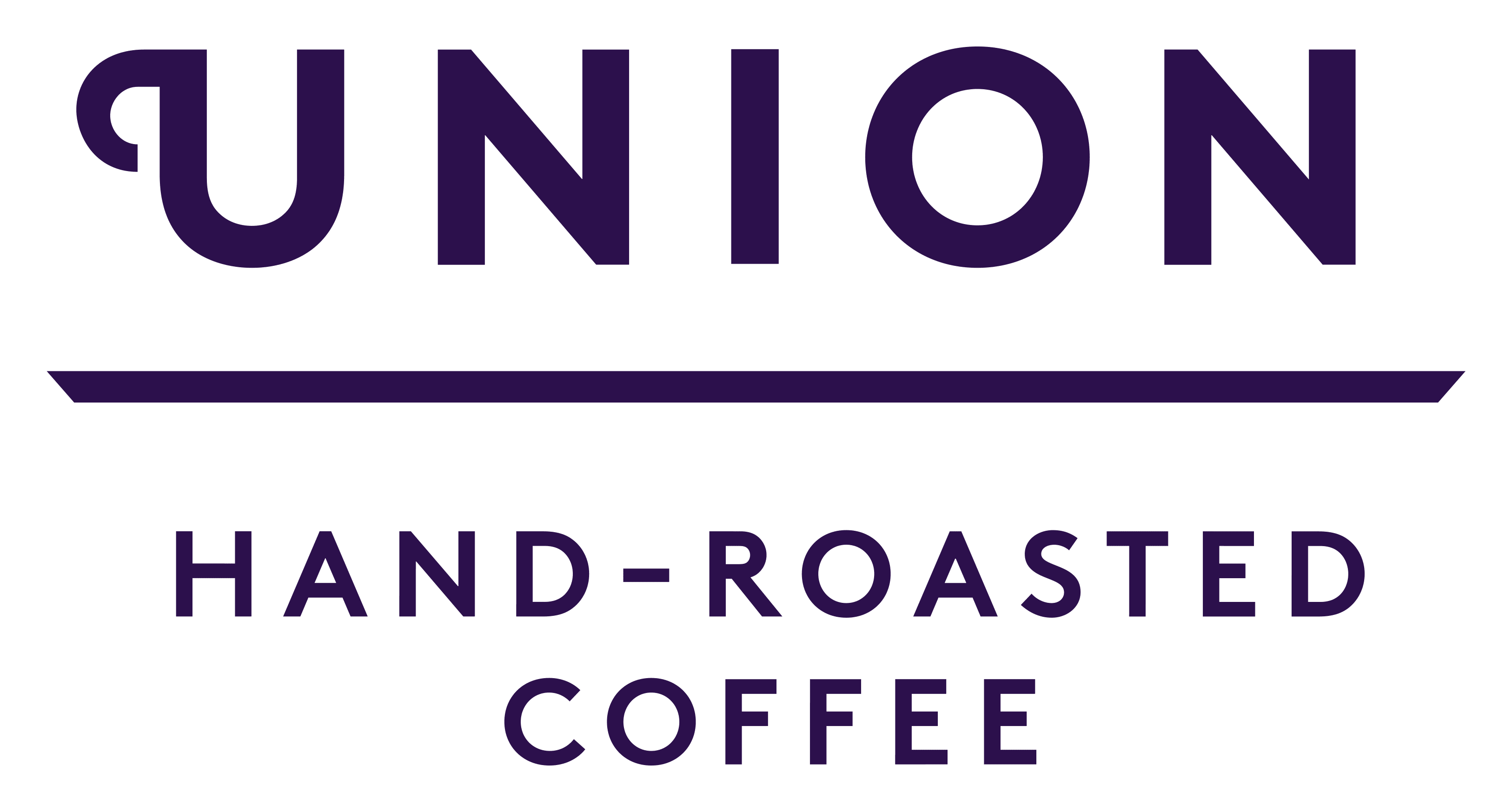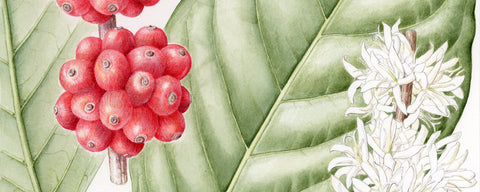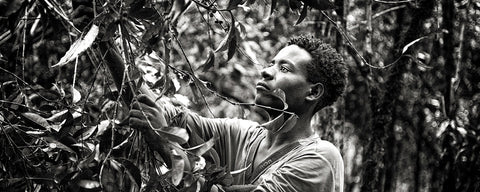First Published - June 25, 2011 (By Steven – Co-Founder)
Series about Direct Trade
My previous blog post introduced Pascale; she is studying the working and living conditions of some of the small holder coffee farmers that Union Hand-Roasted Coffee source from in Central America. Here is Pascale’s next update of her work in Huehuetenanago. This is a new relationship for Union; now in our second year of sourcing from these producers, we want to identify the complexities the farmers face to enable us to determine what actions we can take to support them in the future. (SM)
¡Hola!
Everybody in the cooperative (and La Libertad) has been extremely helpful and friendly to me. I feel very welcome here. However, it is a distinct area they have their own rules which are important to respect. Therefore I prefer to stay close to the people of the cooperative since they know what to do and what not to do. However, this has several implications for the research:
It may influence amount of structured formal interviews that I can do; maybe not as many as planned. This is because everybody in the cooperative is extremely busy. The last harvest is coming in, contracts need to be made, the last coffee needs to be collected, people need to be paid. After this period there will be more time they assure me (semana santa, the period of rest, is coming).
I know I must have a control group, although this is difficult for two reasons: First the speed in which I can work the questionnaire is slow. Therefore, I will first try to interview as many cooperative members as possible. Second, I prefer to stay within the area of cooperative members because it is safer and less risk when in remote rural areas.
Putting aside any negativity about these limitations, the cooperative is doing loads and loads of positive stuff. There is so much to write about. Iliana, the Manager of the Cooperative, is amazing; very smart, enthusiastic and full of energy to change and develop things.
I have started to perform formal interviews. I have spoken to several people and gathered a large amount of knowledge. I have collected coffee in Palmira and spoke briefly with the people there, I had a quick visit to ANACAFE (the Guatemala Coffee Board), I have cupped coffee in La Libertad and Huehuetenango, I have visited the export company where the coffee is prepared to be exported. Talked to some people of the cooperative and now know a lot the history of the cooperative. This has meant leaving the house at 7am and coming back at 9pm exhausted in the evening, so there has been until now little time to write down everything. But I am catching up with this now in the coming weeks.
The farmers are introduced to me “as the girl who is going to calculate what is a fair coffee price”. Although for me this is a very interesting and challenging assignment it is an extremely difficult and complicated job. Information on other areas of interest, such as I will therefore collect in a more qualitative way. I really believe that it will help the cooperative if I can help calculate a fair coffee price for them. It is not easy to do but will be very worthwhile.
Saludos,
Pascale
Pascales’ main work is to focus on the social conditions of farmers but the producers want to take full advantage of her background in development economics to create a business model. I think it helps to be transparent and reveal the complexities that happen in the field. Producing coffee is hard work, not romance. And farmers’ livelihoods depend upon getting a good income. These cooperatives in Northern Guatemala are in remote areas and life is about survival. Until Union started to work with them they had uncertainty from one season to the next. Through continuing our relationship, our vision is to bring stability and economic prosperity.
Next posts from Pascale will continue to talk about the importance of helping small scale farmers do business.
Steven



